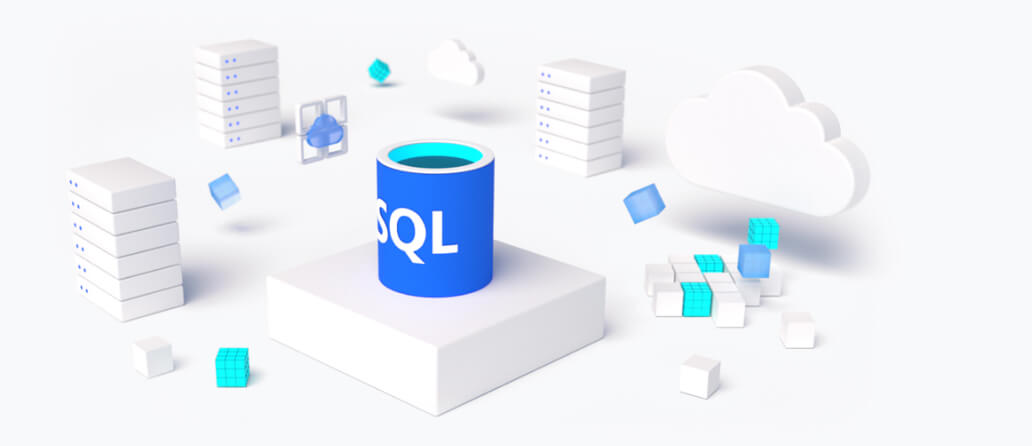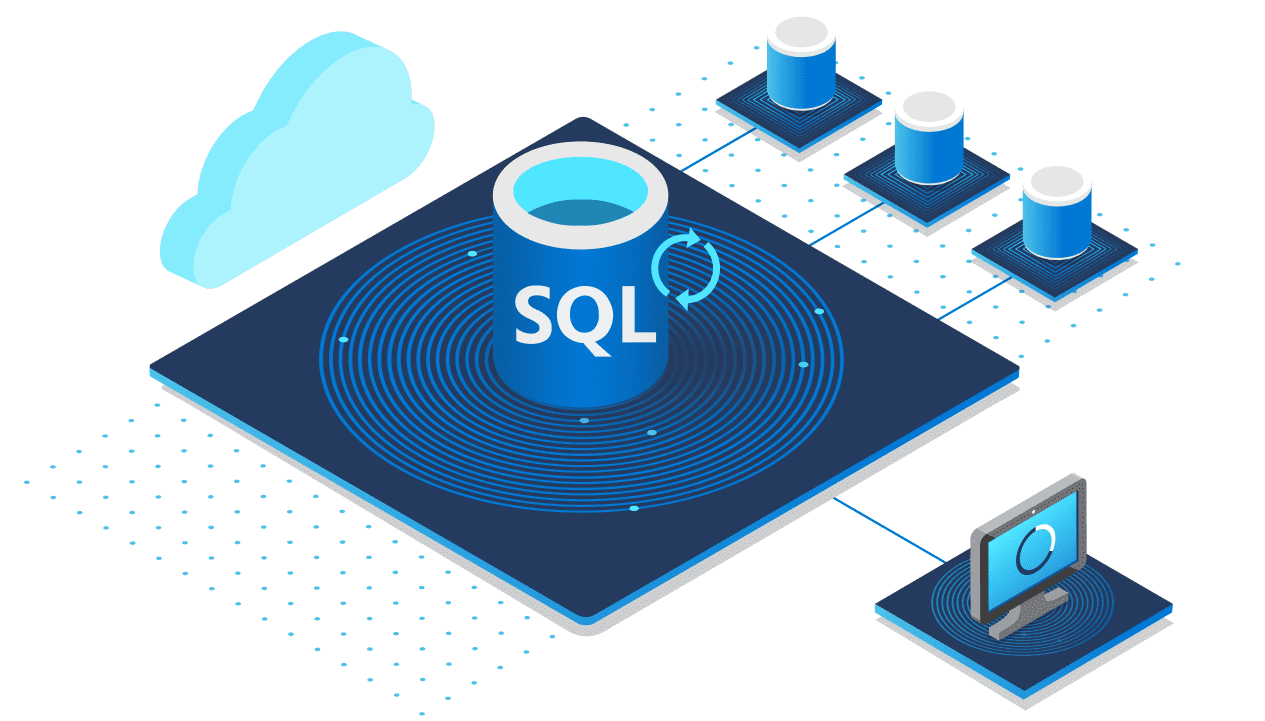There are a wide variety of database technologies available in Azure, each with its own advantages and disadvantages. Among them, Azure SQL stands out as a powerful and versatile option. Although there are new and specialized solutions on the market, Azure SQL offers unique benefits that could be ideal for your next project.
By choosing Azure SQL, you can benefit from advanced security, scalability and performance features, as well as a wide range of complementary tools and services available in the Azure ecosystem. In addition, Azure SQL is highly compatible with other database solutions, making it easier to migrate your data to the platform. In short, by opting for Azure SQL, you'll have access to a robust and proven solution that can help propel your database projects to the next level.
According to David - "after I joined the Azure SQL PM team, I discovered that there are many, in fact, many features that developers don't know exist..." as a result, Azure SQL is still used as if its development and evolution stopped 20 years ago... when Azure SQL wasn't there yet, and only its on-premises sibling, SQL Server, existed. Well, a lot of improvements have been made, really making Azure SQL definitely a post-relational cloud native database. Let me show you why, using just 10 simple points. I'll go over each point in detail in upcoming blog posts.

Batteries included in Azure SQL
Azure SQL is a relational and post-relational database with "batteries included", as Python developers often say. This expression is appropriate, as Azure SQL offers a comprehensive set of integrated features that can help developers work more efficiently. This is one of the many reasons why Azure SQL is a popular database among developers. Azure SQL's ease of use and efficiency make it a great choice for software development projects.
Many features that you would normally find in different, more specialized products are integrated into just one. Using different specialized products can bring great advantages, but it also poses a great challenge: data must be moved around all these products and the responsibility for maintaining consistency falls on the shoulders of the developer.
This is a big problem that will increase the complexity of the application by an order or magnitude. And, as a developer, I prefer to follow the KISS principle. Azure SQL allows me to focus only on what is unique to my company and application, delegating all data-related responsibilities to something that specializes in that. That's a big win for everyone.
Post-relational features for modern applications
JSON is what developers love and breathe, so native support for JSON is essential for a modern database. Azure SQL provides very good support for generating, consuming, manipulating and querying JSON. But that's not enough.
Graphical support, through node and edge types, transitive closure and the ability to navigate arbitrarily deep relationships using a very concise (similar to the well-known "Cypher") is available in Azure SQL immediately.
This makes it easier to store geospatial data and query data for nearby locations, find all locations within a given perimeter (perfect for geofencing) or, more generally, perform complex geospatial manipulations.

Complete storage control and abstraction with Columnstore and Rowstore
With Azure SQL, you can decide whether a table should be saved using a technique line by line or column by column. Or a mixture of the two. And this really is a killer feature, as it allows you to create solutions that can quickly access a single row or can easily read, aggregate and analyze hundreds of millions of rows.
Ultra-high concurrency with optimized tables for lock-free memory
The memory-optimized tables use a sophisticated non-blocking mechanism known as Multiversion Concurrency Control (MVCC), to guarantee extremely high concurrency and still provide full transactional support. Extremely high means hundreds of thousands of transactions per second and much more.
Time travel with "As-Of" Queries
Azure SQL offers the ability to automatically crawl and execute "from" queries by enabling the time tables. Changes to a table will be tracked transparently and made available via the "History" table. Again, completely transparent to the applications and very useful for auditing, reporting and business analysis
There are a number of new and interesting features in Microsoft Azure SQL that many developers still don't know about. Here are ten reasons why Azure SQL is a post-relational cloud database, including complete storage control, easy monitoring and comprehensive insights. These advanced features can help developers work more efficiently and improve their database projects.





